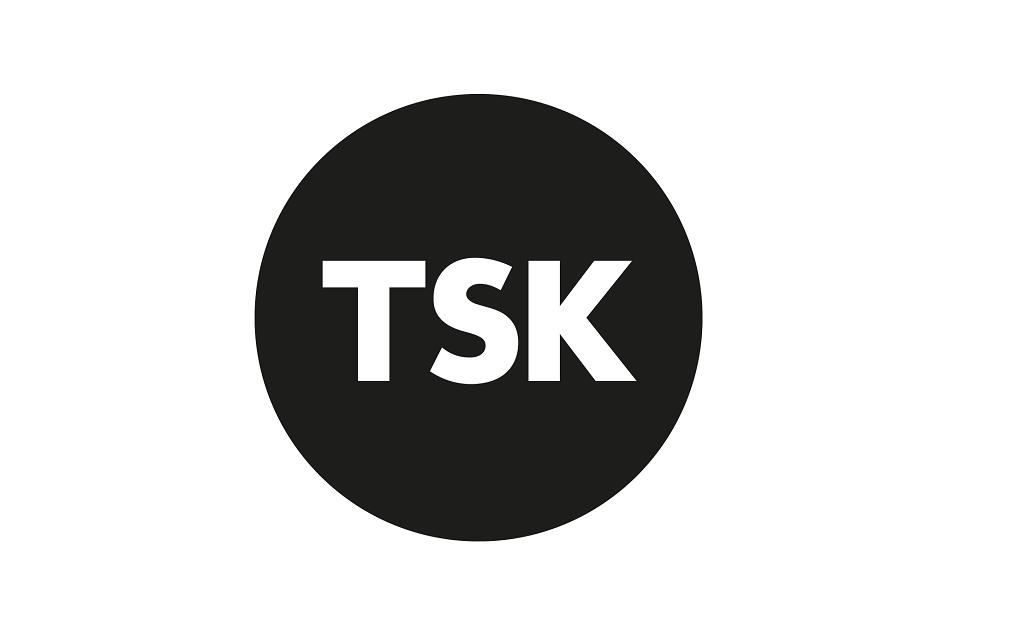North West LA accuses firms of “aggressive” business rates avoidance
Salford City Council has accused companies of using “aggressive business rate avoidance tactics” which it is alleged has caused the LA to set aside money to cover refunds in business rates overpaid.
Meanwhile, the Council forecast that £87.36million will be brought in from business rates this year. They believe £84.68million is expected to materialise – a deficit of £2.68million or a 3% loss.
Apparently since 2010, there have been some 11,000 appeals against rateable values in the city with the current total rateable value subject to appeal cited as over £200million. People are quick to jump on these figures particularly against a backdrop of funding squeezes that are leading to cuts to local services.
Salford is also one of the authorities to pilot the Government’s scheme allowing LA’s to manage and retain 100% of the business rates it collects. But these headlines have no bearing on businesses legally challenging their rateable values or challenging the level of business rates charged. People make mistakes, they over pay in error, raise charges in error or rateable values can be set to high. Businesses are entitled to have charges corrected as a result.
This is all set against the back drop of the new Check Challenge Appeal (CCA) system that is rationalising the number of speculative appeals. Whilst I criticise the complexity of this new system, from a LA point of view there are benefits. This is because when Challenges are lodged against assessments appellants must set out their proposed rateable value and specific reasons for that proposal. This allows LA’s to manage properly expected changes in the rateable value base with the help of the Valuation Office Agency. But a proactive approach has to be taken. In addition LA’s need to invest in business rates by having inspectors and others making sure that all possible revenue is captured covering property being properly entered in the rating list and empty property rates being charged correctly. But at the end of the day, 3% of revenue identified as at risk would be tolerable for most.
Is Salford more than any other Local Authority suffering at the hands of the business rates appeal system? Probably not. Would the same criticism be levelled at a householder who wished to challenge their Council Tax which was based on inaccurate or out of date information? I doubt it. Business is an easy hit for headlines. I am certain that every appellant, given the option, would just rather pay the business rates they are legally obliged to, rather than spend months, even years battling to correct errors. Indeed if they could have certainty about 97% of their revenues I am sure they would be delighted!
Selected industry experts bring you insight and expert advice, across a range of sectors.
Subscribe for free to receive our fortnightly round-up of property tips and expertise
Selected industry experts bring you insight and expert advice, across a range of sectors.
Subscribe for free to receive our fortnightly round-up of property tips and expertise





